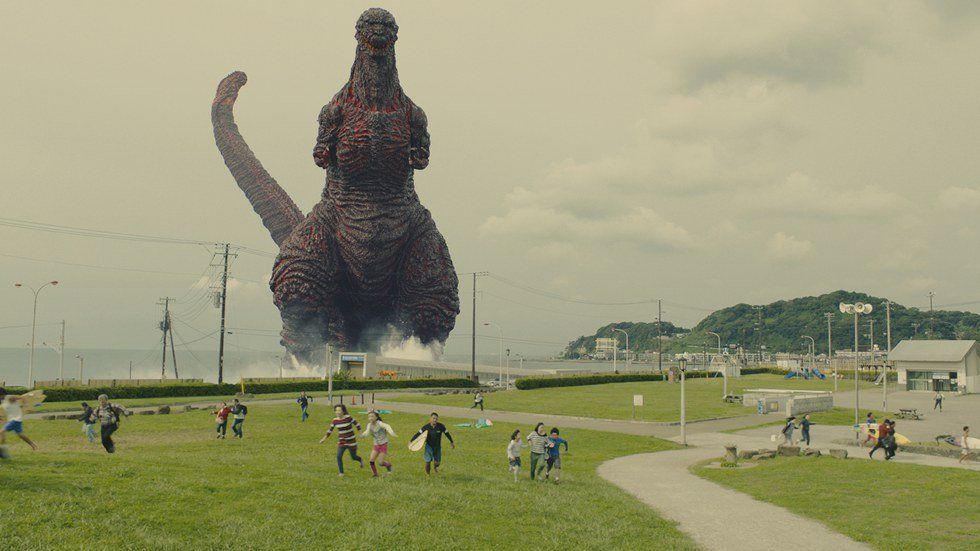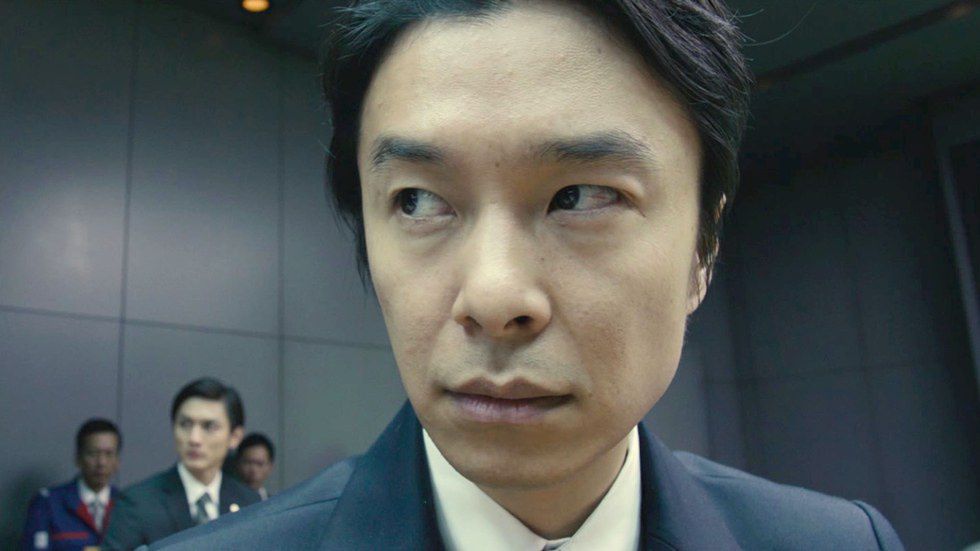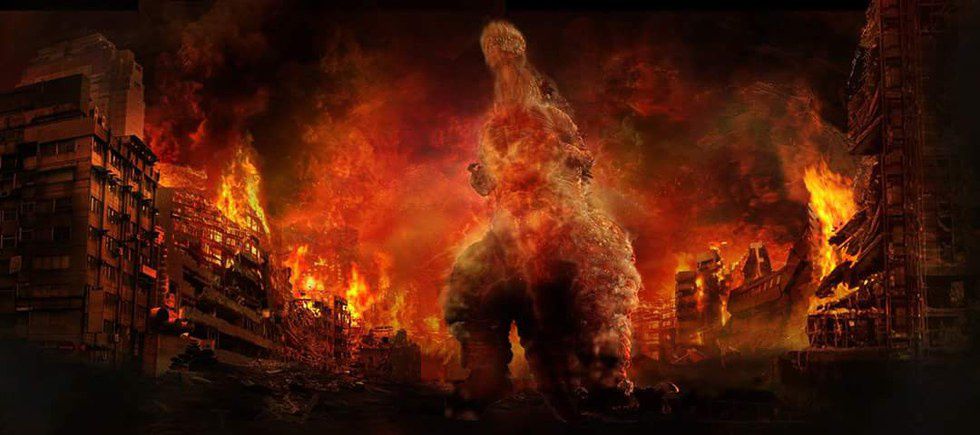"Shin Godzilla," the newest movie of the franchised produced by its parent company Toho, premiered in the United States a couple weeks ago for a limited two-week run in select theaters. While the movie was met with unanimous praise in Japan, critics on this side met it with more mixed reviews. Why is this?
Shin Godzilla was full of board room meetings -- with more meetings, with excessive introduction titles for every new scene and every politician, less than half of the movie included Godzilla. To the typical American viewer, this came across as frustratingly slow, chaotic with text excess, and just an overall hum-drum affair all about bureaucracy -- which, I think, is more or less the point. This movie was a scathing satire on the current Japanese government. The current Japanese government is slow to act, and must have a myriad of board meetings for making even the smallest decision.
This slow bureaucracy was brought to the forefront back in 2011 during the Fukushima earthquake and tsunami -- neither the biggest nor largest earthquake and tsunami, but definitely the deadliest because of the lack of preparation. The elite scientists in Japan predicted a much smaller earthquake in the northern region of Japan, but like the female scientist -- who predicted Godzilla could walk and terrorize Japan despite her superiors saying that it would collapse under its own weight -- other scientists did predict the Fukushima Earthquake based on the 869 earthquake records in Japan that were rather similar to this one. To make matters worse, even as far as four years later, thousands of the survivors were left homeless because the government was still deciding how to respond to the situation.
"Shin Godzilla" tackled this political environment, and the 2011 Fukushima earthquake and tsunami, with the government's slow response to dealing with Godzilla, as well as powerful images, like when it first made contact on land, not as the Godzilla we all know, but as a tadpole-like lizard with no arms, and only its back legs that stormed through the city like a tidal wave.
This was not the only thing that this movie tackled. It also tackled Japan’s total dependence on America. One of the things that concerned the Japanese government about mobilizing their military would be breaking the treaty made after WWII. They always wanted to console America first to try not to displease them. Japan never made their own decisions, and acted in their own self-interest, even when it cost thousands of lives. Only when the younger generation took over after the prime minister was killed by Godzilla and acted on their own, instead of depending on America, did they defeat Godzilla.
The movie also tackled the still-open wound of the atomic bomb when America and the UN agreed to kill the monster by dropping a third bomb on Japanese soil. Not to mention the powerful imagery of when Godzilla finally let loose its atomic breath (and out of their back, which was new); it invoked an almost exact image of the firebombing of Japanese cities in WWII.
The movie "Shin Godzilla" was a through-and-through Japanese movie. It dealt with current Japanese issues, political climate and mentality. True, there was the Japanese actress who was meant to play a Japanese-American who had an awful accent, but several movies, including American ones, have a history of having “native” speakers talking in an accent that isn’t part of the native tongue, which, in the end, does not take away from this powerful movie. It deserves the praise that it received in Japan.
























